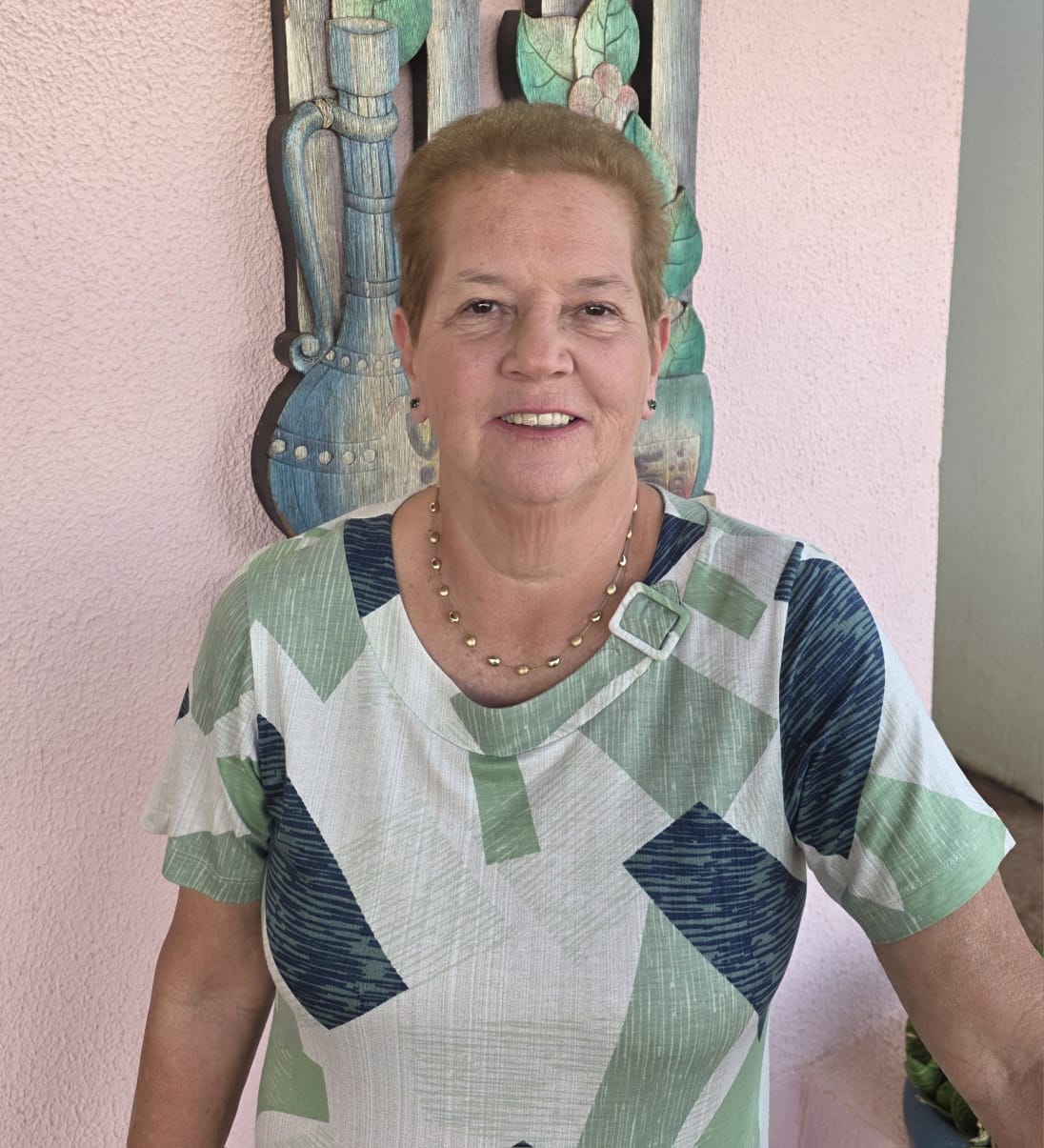This year marks a remarkable milestone: the 35th anniversary of the Portuguese Language Division (PLD). As we celebrate this legacy, we turn our spotlight to Edna Ditaranto, the founder of our beloved division.

Revision: Lynnea Hansen
Photo: Edna Ditaranto
What motivated you to create the Portuguese Language Division?
My translation career began in 1984, when I first began looking up translation companies in the yellow pages and contacting them by mail. I was curious when one of them mentioned that it was a “member of the ATA,” so I called to find out what it meant. That’s when I discovered the American Translators Association and the New York Circle of Translators. After becoming a member of both organizations, I attended my first translation workshop in NYC, where I met Mário Ferreira, a Portuguese/English translator at RCA. With only a few English-Portuguese dictionaries available at the time, I struggled to find the correct translation for some terms and expressions, and I would call on Mário for help. After becoming more involved with the New York Circle of Translators, I was inspired to create a group of Portuguese translators in the New York/New Jersey area. The idea was that we could help each other, in the same way Mário was helping me. So, one Saturday afternoon in June 1987, we met at a Brazilian restaurant in New York City and established the Portuguese Language Translation Special Interest Group. The first members were Alzinete Platts, Clifford Landers, Jean Longland, Marísia Lauré, Mário Ferreira, Susana Greiss, and me.
What were some of the biggest challenges you faced when getting the division off the ground?
The members were so enthusiastic about the group and what we were accomplishing together that we didn’t have many challenges, except for traffic. We would have monthly meetings at my home in New Jersey, and people would come from New York, New Jersey, and Connecticut. After we became the Portuguese Language Division of the ATA (1990), the members were even more eager to participate.
How has the division evolved since its founding? Are there developments you could never have imagined back then?
The original idea was to mutually help one another over the phone. At that time, all translations were done on electric typewriters, so we were somewhat limited by the technology we had. Every advancement helped, and even when the foreign character daisywheel came about, it made a huge difference. After that came computers, floppy disks, the modem, and the Internet, which changed everything.
What do you think has been the PLD’s most significant achievement so far?
Establishing a conduit to connect people with similar interests was our first achievement. The second was the participation of the then Portuguese Language Translation Special Interest Group, for the first time, in 1989 at the 30th Annual Conference in Arlington, Virginia. This was where we presented our first panel exclusively on Portuguese translation, with Mário Ferreira, Susana Greiss, and Cliff Landers as speakers, and the third, of course, was becoming the Portuguese Language Division of the ATA.
What unique challenges and opportunities do Portuguese translators and interpreters face today compared to when the PLD began?
Everyone is talking about AI and all the ways it is changing the business of translation, but in the late ‘80s, we also underwent a huge shift in technology. There was a huge learning curve to go from electric typewriters to working with computers and the Internet. Then in the ‘90s, companies started to build computer-assisted translation tools and machine translation, which were very primitive, but evolved over time. Through it all, we were constantly adapting.
Where do you see the PLD in the next 10 or 20 years?
Technology moves fast. After all, electricity was created less than 150 years ago, and look how much it changed life after that! Translators have always adapted to technology in the past, so I feel positive about the new possibilities for translators and interpreters to continue to facilitate understanding among cultures.
What advice do you have for PLD members today?
Never stop learning, embrace new possibilities, and reinvent yourself constantly.

Leave a Reply